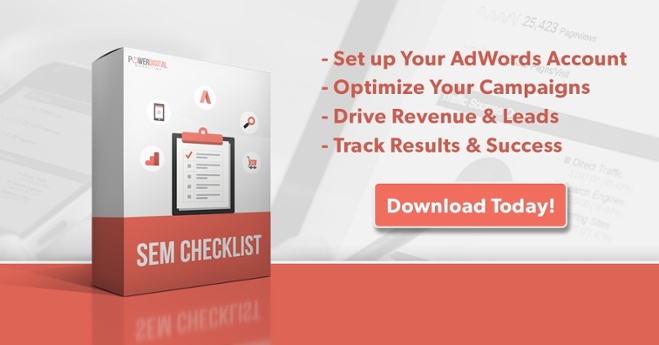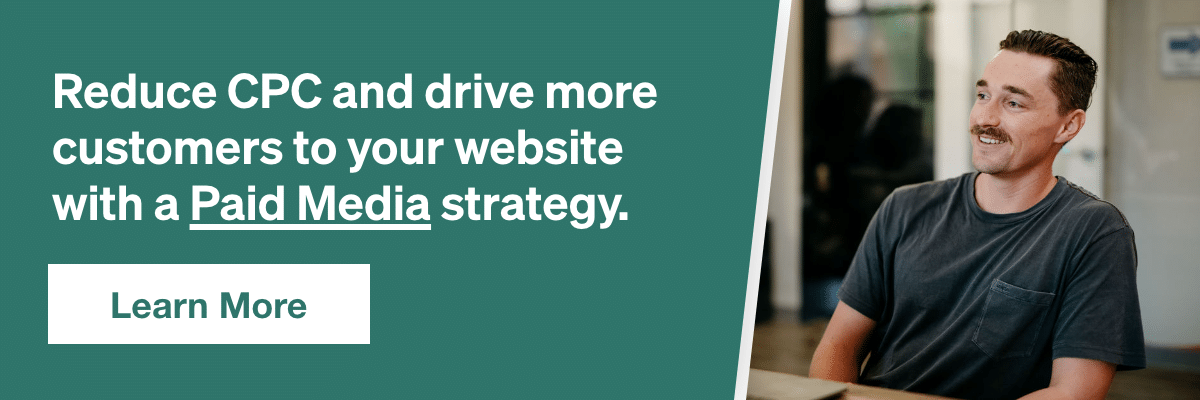5 Reasons Why You Should Use Apple Search Ads

Whether your entire business is app-based or you simply offer an app as another channel to reach your customers, you need to invest in Apple Search Ads now.
Apple rolled out a new advertising platform within the app store in late of 2016, but not many advertisers have ventured out to this space yet. After a few months of monitoring account performance, we were extremely impressed by the results these campaigns yielded with minimal spend. The outcome of this platform surpassed our expectations, and we are sharing 5 reasons on why you should try Apple Search Ads:
Extremely Easy To Set Up
The platform is easy to navigate with basic options, which makes creating a campaign very straightforward.
Similar to AdWords, you can adjust the daily cap for your campaigns. However, the campaign budget can only be increased once you input it since Apple does not give you the option to lower it. You Pay Per “Tap” and it works the same way as any PPC model.

Advertisers can select keywords in broad or exact match based on Apple’s suggestion tool which also provides a popularity scale. In addition to targeting keywords, negative keywords can be added in order to filter out irrelevant traffic. There are also a few more targeting options available including specific devices, customer type, gender, age, and location.
The one major difference between Google AdWords and Apple Search Ads is the ad copy. We do not have the freedom to customize the ads as of yet. Apple pulls the meta data directly from your app so make sure that it is extremely relevant to your app’s offerings.
The Search Match Option
According to Apple, most advertisers use the Search Match targeting and allow Apple’s algorithm to pick the best keywords for their app.
After testing out the Search Match campaigns, we came to the conclusion that Apple seems to value relevance over how much advertisers are willing to pay. Not only does the Search Match targeting drive cheaper CPT, it also generates a decent amount of conversion volume compared to other targeting.

It is obvious that user experience is important to Apple as it has always been valued by the company, and the Search Match option will ensure that you capture the visitors searching for keywords that are relevant to your app.
Conversion Rate Of 50% Or Higher
Apple claims that more than 50 percent of users download an app after tapping on a Search Ad and we can attest to that. The conversion rate across our accounts ranges from 50% all the way up to 87.50%, which is exceptional considering that over 5% is typically a good conversion rate in the industry standard.
Inexpensive Cost-Per-Tap And Cost-Per-Install
Apple stated that the average Cost-Per-Tap is 50 cents, but for smaller developers with less spend, the average Cost-Per-Tap can drop to 25 cents. To add to this astonishing statement, we are seeing even cheaper CPT as low as 5 cents in our accounts and the Cost-Per-Install as low as 10 cents. For the same client on other advertising platforms, the CPI is exponentially costlier at $13 on Facebook and $38 on Google.
The only explanation for the extraordinary Cost-Per-Acquisition is that this platform is still an uncharted territory with minimal competition and it is not saturated by advertisers yet. The more competition means the higher the bid auction. This inexpensive CPA is another reason app advertisers should capitalize on the benefits of this platform now.
Over 140 Billion App Downloads In The App Store
In the recent years, mobile has played an integral part in a consumer’s browsing experience. It is no surprise that up to 80 percent of app downloads occur after searching on either the App Store or Google Play. According to Statista, there has been over 140 billion cumulative app downloads from July 2008 to September 2016. The number of mobile app downloads will continue to increase and app advertisers need to utilize all platforms to promote their app across channels.

Wrapping Up
So there you have it, the 5 reasons why you should use Apple Search Ads. Not only it is easy to set up, it drives out-of-the-park results with low cost that can’t be beat. This is also another platform to help promote your brand presence to widen your exposure across channels. As more and more advertisers begin to invest in this platform, we will likely see the costs increase as the competition rises. But as of now, let’s reap the inexpensive benefits of Apple Search Ads! Still don’t believe me? Try it out and see the results for yourself!
Our Editorial Standards
Reviewed for Accuracy
Every piece is fact-checked for precision.
Up-to-Date Research
We reflect the latest trends and insights.
Credible References
Backed by trusted industry sources.
Actionable & Insight-Driven
Strategic takeaways for real results.







